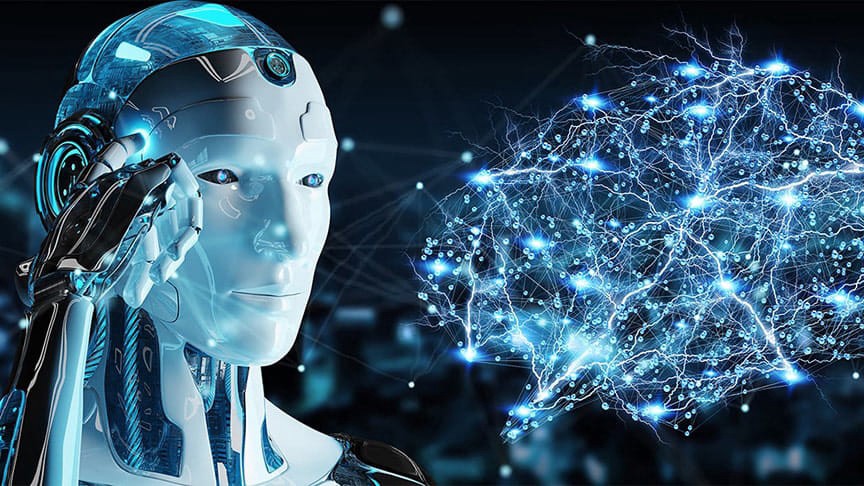
TKAI Lab
Research Agenda
At TrustWorthy Knowledge Driven Artificial Intelligence (TKAI) Laboratory, we combine research ideas derived from formal methods, linguistics, cognitive science, and machine learning to efficiently build intelligent systems that are trustworthy, ethical, and secure. These models should have a few desired properties, such as robustness and interpretability, such that humans easily understand the generated information. This would mean designing agents that are expected to learn desirable behavior with minimal supervision/data that are provably stable and generalize to unseen distribution. We believe these objectives can be stably achieved by designing knowledge-guided neuro-symbolic agents.
The “TKAI Laboratory” is currently working on four active research projects.
-
Formal method meet AI/Neuro-Symbloic AI: My work is at the intersection of language, memory, and computation—spanning Natural Language Processing (NLP), linguistics, and formal language theory. In particular, I design knowledge-guided interpretable deep learning systems focused on generating trustworthy information. Furthermore, I am also interested in investigating the mysterious success of deep learning in recognizing natural language from a theoretical and empirical perspective.
-
Predictive coding-inspired Neural Architectures: Our lab, in collaboration with NAC, works on designing learning algorithms and computational architectures guided by theories of the brain and its functionality that emphasize solving challenges such as continual/lifelong learning, learning with minimal supervision, Reinforcement Learning, and sparsity (both in computer vision and natural language processing).
-
Low Resource and Robust NLP: In collaboration with our collaborator from University of Mississippi, we are working on designing low-resource Natural language processing (NLP) agents that are robust and capable of generating safe/ethical information. Such models are aimed to help under-represented groups.
-
Physics Informed Neural Networks: In colloboration with Department of Earth and Engineering Sciences at Pennsylvania State University we are working on designing on Neural Networks that obey physics law and require minimum resource/data to find stable solution for given domain.
Recent News
- Sept 2022: Dr. Mali will be giving a talk on Provable stability of Neural State Turing Machine at RIT
- Sept 2022: Dr. Mali will be giving a talk on Provable stability of Neural State Turing Machine at AI+X Seminar at USF
- Sept 2022: Our Preprint on Bounded precision and Time Turing Machine is out nnTM
- Sept 2022: Our Preprint on Neural architecture designed for Reinforcement Learning to solve Sparse robotic control is out ActPC
- Sept 2022: One paper accepted in NeurIPS-22
- Aug 2022: Joined University of South Florida as Assistant Professor (Tenure-Track)
